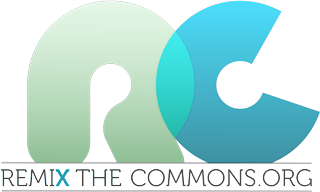
Facing economic, social and ecological crises, many of us think that we must create the conditions for a transition from a productivist industrial world to an economy based on sharing knowledge commons and collaborative and contributing productions. The first challenge is to forge new concepts to understand the effects of automation and rethink the general interest and solidarity as possible horizons. For this, the state, as local and national authorities, the University and organized civil society, must invent all together, alternatives to individualism ownership and to the governance based on the duopoly state / market.
In Ecuador, the government held a major study to try to clarify howto create the conditions for a transition based on the commons. Several researchers and international experts were mobilized, including Michel Bauwens and Bernard Stiegler.
What is the role of national and local governments in the transformation of the economy towards a production of goods and services based on the principles of the commons? What should be the legal and economic instruments invented? what are the alliances between the actors involved in alternative forms of economic and social innovation needed? How to go beyond the niches successfully developed in some sectors – such as the digital economy – and enable scaling to modes of production of goods and services based on the principles of the commons?
Ouishare, Savoirscom1 and VECAM invite you to discuss these issues with Michel Bauwens and Bernard Stiegler during a public meeting to be held September 16, 2014 from 6:00 p.m. to 8:30 p.m. in Salle Triangle, Centre Pompidou, Paris France.


Registration is over.
More information in the French version of the post.
This conference is organized with the support of Fondation Pour le Progrès de l’Homme.
